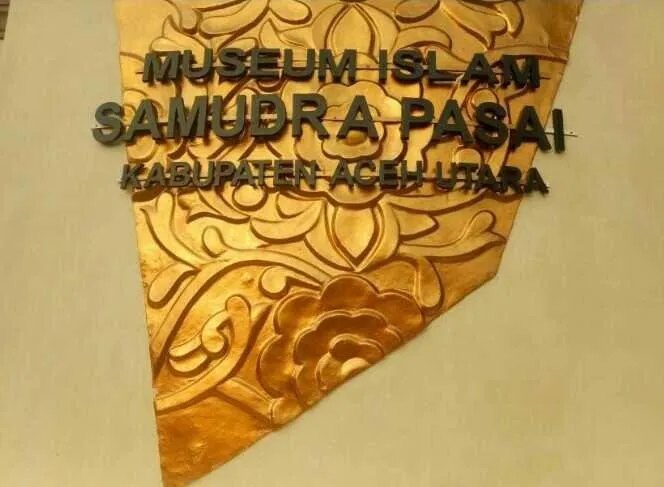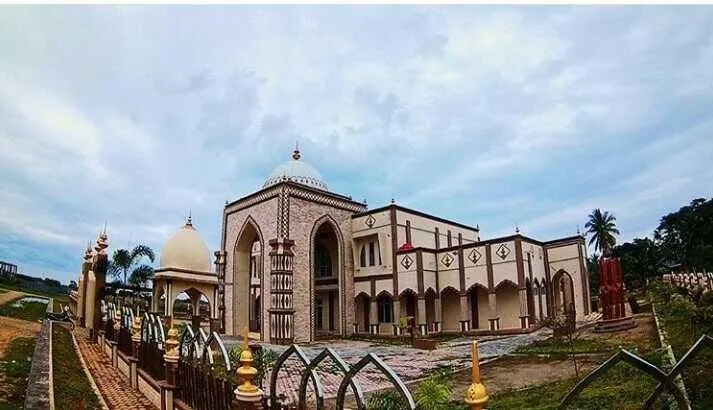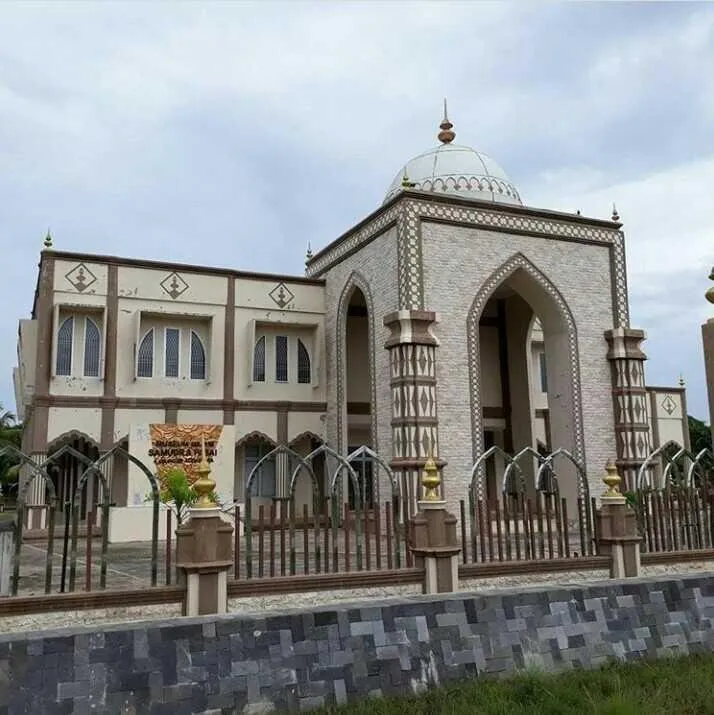dear steemians, today i would like to show you the museum of malikussaleh that located in my village samudera pase sub-district, beuringen-krueng mate, geudong, north Aceh. actually the building was very close to my house


SULTAN MALIKUSSALEH is the son of descendants of the 4 maharaja and became the first king of the Islamic Kingdom who ruled over the entire archipelago (Kingdom of Samudera Pasai) since 1267 AD. After the end of the kingdom of Samudra Pasai many relics are left to thousands of relics found among the citizens, such as money dinar, collapse of royal buildings, swords and other historical objects.
These historical items were previously kept by the provincial government of Aceh in the Atjeh museum in Banda Aceh, because the special museum of the Pasai Samudra kingdom was not built since the Indonesian GAM conflict.
After the peace MoU between RI and GAM was reached in Helsinki on August 15, 2005, the government began to repair the damage that occurred during the conflict and the great disaster of the Tsunami of December 26, 2004, the government also built some decent museums.

This museum collects the historical objects of the VIII century. Museum located in the middle of this city shop 500 kinds of traditional objects and historical artifacts. The oldest objects in this museum are ceramic plates and bowls that can be found in the archaeological site of the Royal Ocean of Pasai, the oldest Islamic empire in the archipelago. In addition, the museum also has a collection of dirham currencies: the currency of gold that serves as a means of payment for the kingdom of Aceh Darussalam.
The museum managed by Malikussaleh Foundation also collects 1,050 books, 50 books and 20 sabil war stories. The Arabic Jawou book written by Tengku Chik Awe Geutah, a great scholar from Beruen, also adorns the museum. While the 20 saga contains mostly stories that arouse the jihad spirit of the people of Serambi Mecca during the struggle against Dutch colonialism.